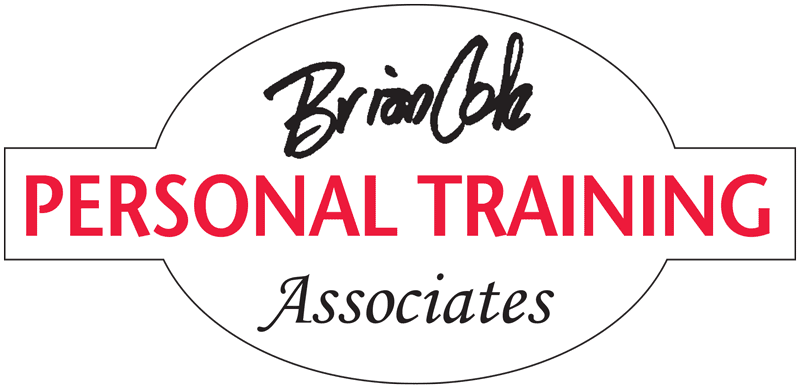How’re you feeling? Are you tired? Sluggish? Have lots of surplus daily energy? Does your neck feel stiff and its range-of-motion restricted? How about your low back? Do you feel like you need to stretch just about everything and loosen up? Do you have arthritic joints? Too much body fat? Do you have high blood pressure? Do your knees ache? Take statins for high cholesterol? Diagnosed with osteoporosis or osteopenia? How about pre-diabetes, heart disease? Do you know what sarcopenia is?
If any or many of the above are in your life, I’m writing this because I sincerely want you to be able to feel better. And you can. But it’s obviously not about INcreasing life spans if they’re full of unpleasant stuff. It’s about DEcreasing the unpleasant stuff.
During the Roman Empire, the average life span was about 39 years. In the U.S. in 1900, it was only 47 years. So in 19 centuries the increase was less than 10 years. Right now, life span is about 79 years. In just one century an increase of 32 years. Huh? How and why could that be?
While I’d like to attribute it to personal fitness training (wink!), it’s because the numbers are average life span from birth and so many diseases (polio, diptheria, smallpox, tetanus, rubella, to name a few) that killed our children have been virtually eliminated by vaccines. In Roman Empire days, for instance, about 50 percent of children died before age 10.
But after clarifying the advantages of modern medicine’s contribution, people today are living longer (but not necessarily healthier) see above. The number of folks over 65 has tripled in the 20th/21st centuries. However, about 75 percent have at least two chronic diseases. Clearly our challenge is to improve our adult health spans. We’re all going to finish our way-too-short lives at some point and it sure makes sense to have as many years as we can free from pain and discomfort.
Numerous studies of millions of us have produced lots of solid, clear evidence about the outcomes to help us ensure that. Desired outcomes simplified:
- Reduce the risk of falling.
- Have the physical ability to maintain independent lifestyles.
- Maintain the energy, physical and mental, to adapt to life’s inevitable unexpected challenges.
That’s it? That’s it. And before you scoff at the simplicity, re-read and consider every aging person you’ve known — friends, parents, grandparents — then add those things to their later years. So again, yes, That’s it.
Now, as to how to acquire those beneficial traits, I’m going to continue with the simplicity. You may think I’m going to say exercise is the key. I’m not. The current recommendation of 30 minutes of moderate exercise five days a week, while great for someone who is sedentary, is definitely not what I think is the most important nor what I’ve based my health span on. Nor is it what those studies concluded.
The Rx to address the opening paragraph (surprising to some of you but clearly proven) is increased strength. I’m talking about the necessary strength — muscular with resistance training and mental with meditation/relaxation — to complete the tasks of daily living with plenty of energy. And then sleeping better as an additional benefit. At any age, slowly, safely, deliberately increasing our strength is The Key.
This is not about muscle bulk but about function. And it feels so good to move more freely through our daily life with more energy. Not necessarily for more years but in each daily hour. It opens up so much more to enjoy in this short, short life. The beauty of it is that it’s not something we can actually achieve, it’s something we do because it feels good!

